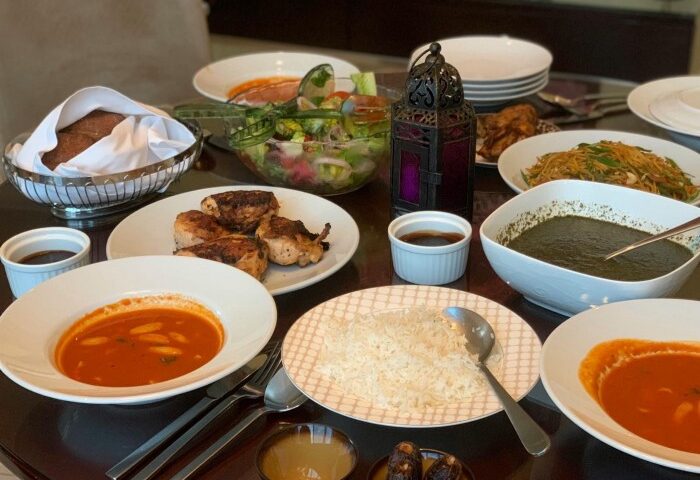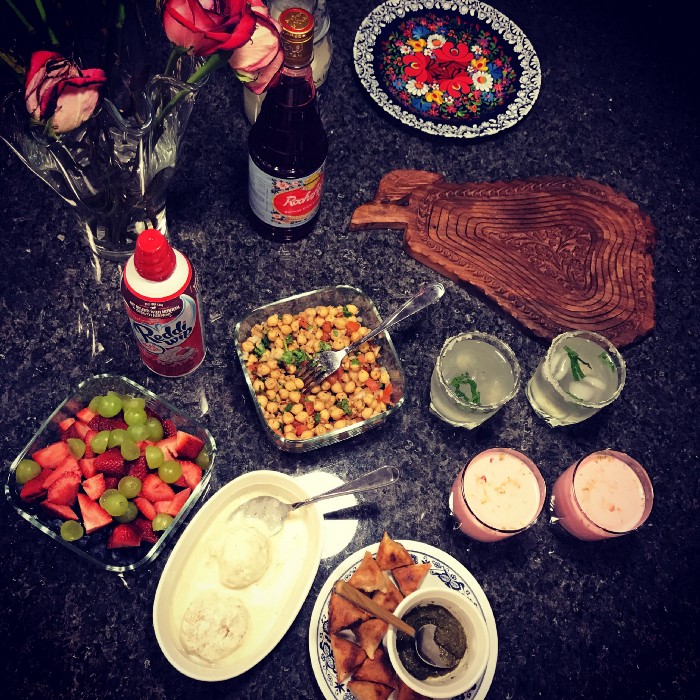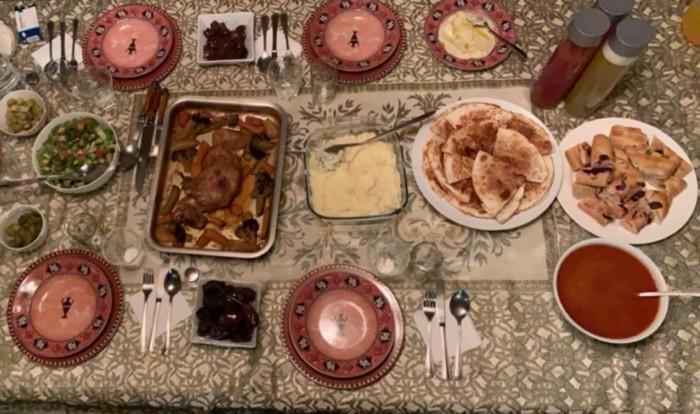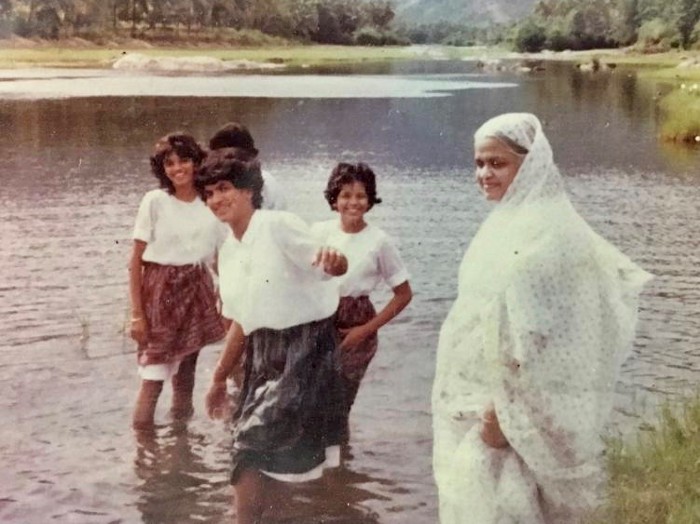Diversity is a cornerstone of Perkins Eastman.
“Diversity is one of our most important assets — diversity of practice types, diversity of thinking, diversity of cultures, and diversity of backgrounds. Diversity brings new ideas into the conversation, enables us to solve problems in new ways, and allows us to connect and appreciate each other,” says Barbara Mullenex, AIA, Co-Managing Principal of Perkins Eastman’s Washington, D.C., studio. She added “We’re particularly proud that, collectively, our staff of about 130, speaks more than a dozen different languages.”
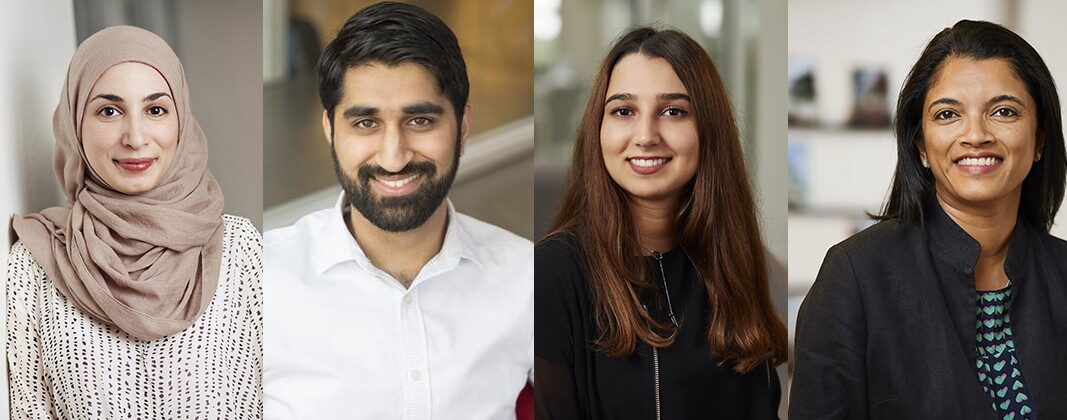
Danya Hakky, Ahmed Zaman, Christina Bahou, and Fawzia Ahmedali all celebrate Ramadan annually.
Barbara Mullenex has written an encouraging email to her studio each workday for the last six weeks, ever since the team began working from home.
“Today is the first day of Ramadan,” Barbara wrote last Friday. “I asked four of our colleagues, Danya Hakky, Ahmed Zaman, AIA, Associate, Christina Bahou, Assoc. AIA, LEED GA, and Fawzia Ahmedali, AIA, LEED AP, Senior Associate, to share their thoughts about this holy month, which is observed by 1.8 billion people. This helped me think through this time in context of mindfulness and reflection, with greater appreciation for the simple things that truly bring joy, and respect for the natural world around us during this beautiful spring season. I am profoundly grateful for their willingness to share their thoughts,” Barbara wrote, adding:
“Maybe, I will try a day or two of fasting in solidarity and in hope that I too can refocus.”
